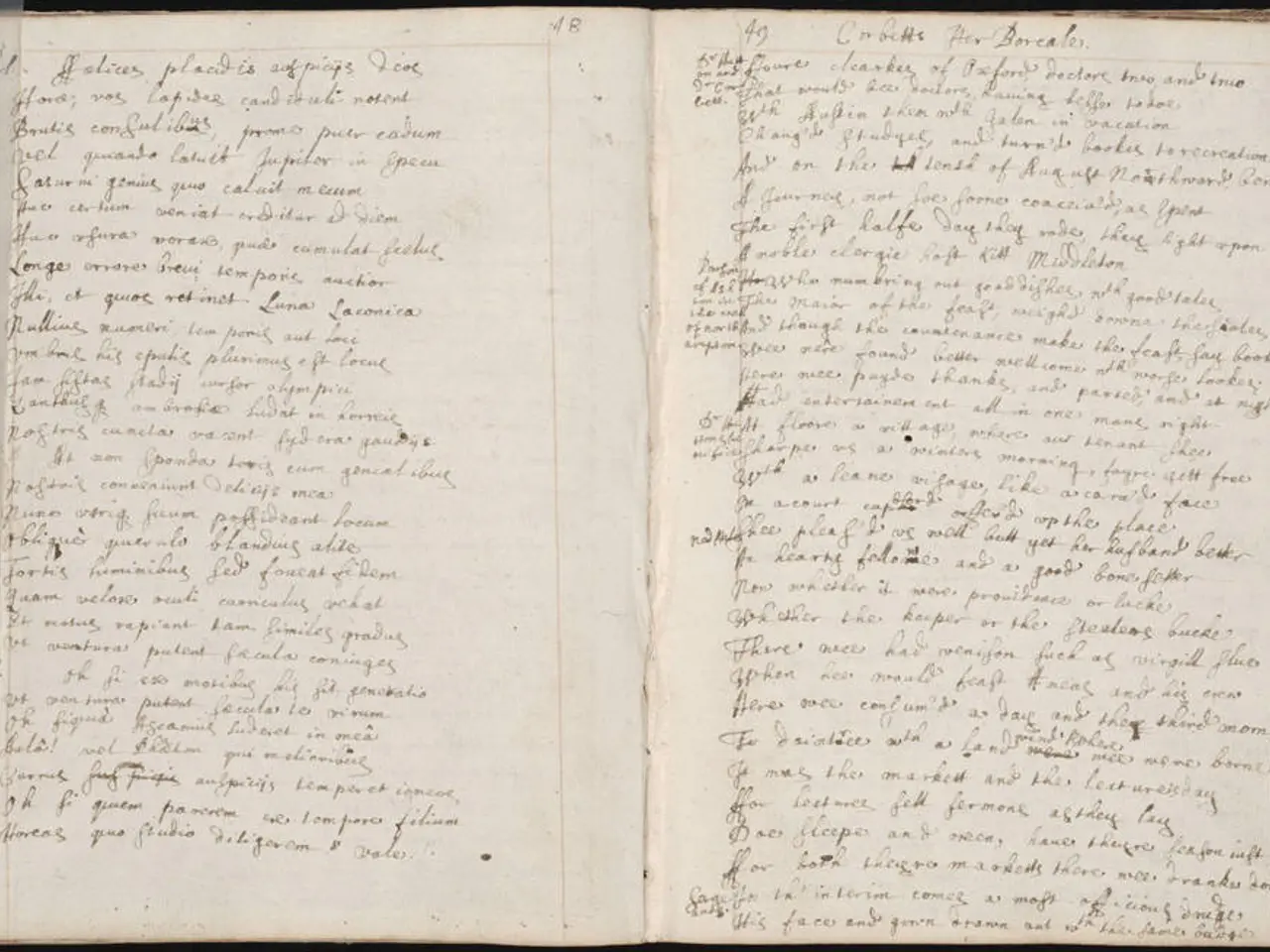Thomas Mann, both the architect and the victim, of nervous ailment known as neurasthenia
Thomas Mann's literary works are deeply rooted in his personal experiences, particularly his struggles with neurasthenia and other illnesses. This profound influence is evident in the psychologically complex portrayals of his protagonists, who grapple with similar health challenges.
Neurasthenia, a condition characterised by fatigue, anxiety, and nervous exhaustion, was common among intellectuals and white-collar workers during Mann's time. This disorder, often referred to as "American Nervousness," was a response to the rapid social and technological changes of the modern world. Mann's intimate understanding of such conditions allowed him to explore the inner lives of characters overwhelmed by the pressures of modernity.
In works such as The Magic Mountain, Mann delves into a protagonist's prolonged stay in a sanatorium, symbolising a space where physical disease and psychological malaise intertwine. This novel, like many of Mann's works, reflects his understanding of illness not just as a physical affliction but as a condition tightly linked to mental and emotional states.
Mann's fiction often uses illness metaphorically to expose broader themes: the alienation of the individual in a rapidly changing society, the fragility of the human psyche, and the tensions between body and mind. His characters' neuroses and struggles with health serve as a lens to critique modernity's impact on human nature and to explore existential questions about life, death, and suffering.
The novel "Buddenbrooks" remains Mann's first and most famous German-language novel of manners, earning him the Nobel Prize in Literature. Thomas Buddenbrook, a character in the novel, is interpreted as a symbol figure of burnout in later interpretations. However, it is important to note that Buddenbrook suffers from burnout, not neurasthenia, as he is performance-oriented and performs peak performances beyond his capacities, leading to exhaustion and loss of energy reserves.
The conference "Thomas Mann and Neurasthenia," held in Lübeck in 2017, emphasised that not only Christian, but the entire Buddenbrook family, is affected by nervous weakness. This perspective underscores the pervasive influence of Mann's personal struggles on his literary works.
Mann's interest in medical topics was exceptional, as he was already a patient of many doctors, cures, and sanatorium stays in his youth. Despite numerous physical and psychological symptoms, Mann's teenage years were not diagnosed with a specific disease. His extensive diaries often mention mood disorders and states of suffering.
The book "Weak Nerves, Strong Texts. Thomas Mann, Bourgeois Society, and the Neurasthenia Discourse," edited by Birgit Stammberger, Birte Lipinski, and Cornelius Borck in 2021, offers insights into Mann's relationship with neurasthenia and its discourse within bourgeois society. Similarly, the book "Diseases of the Turn of the Century in Thomas Mann's Early Works," published by Helmut Koopmann in 2002, explores the impact of various illnesses on Mann's works.
In recent years, Mann has been discussed as the grandfather of burnout, a term that reflects the enduring relevance of his works in understanding the psychological challenges of modern life. An interview with Katja Iken, published in Spiegel History 4/2025, discusses this perspective.
Professor Dr. med. Herbert Csef's correspondence address is available at [email protected] for those interested in further exploring Mann's relationship with neurasthenia and its impact on his works.
In summary, Thomas Mann's personal struggles with neurasthenia and other illnesses informed his nuanced, psychologically complex depictions of protagonists confronting similar health challenges, making illness a central motif through which he explored the human condition in a modern world marked by speed, alienation, and change.
Science and health-and-wellness intersect in Thomas Mann's works, as he delves into the mental-health aspects of his characters' struggles. His intimate understanding of neurasthenia, a condition characterized by fatigue, anxiety, and nervous exhaustion, is evident in his depiction of protagonists grappling with health challenges.
Thomas Mann's extensive diaries indicate his keen interest in medical topics, and his personal struggles with various illnesses, including neurasthenia, significantly influenced the themes of psychological malaise and existential questions in his works.




